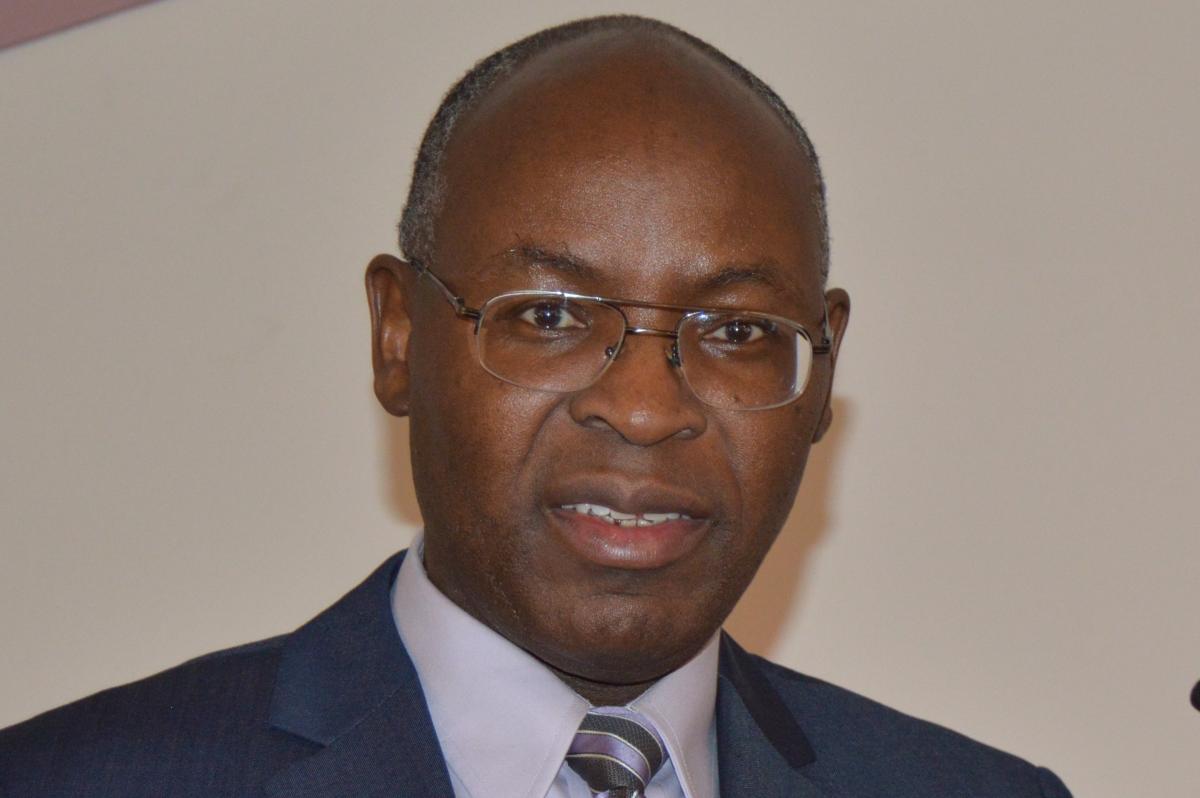Who We Are, How We Serve
The Columbia Union Conference coordinates the Seventh-day Adventist Church’s work in the Mid-Atlantic United States, where 150,000 members worship in 860 congregations. We provide administrative support to eight conferences; two healthcare networks; 81 early childhood, elementary and secondary schools; a liberal arts university; a health sciences college; a 49 community services centers; 8 camps; 5 book and health food stores and a radio station.
We Believe
God is love, power, and splendor—and God is a mystery. His ways are far beyond us, but He still reaches out to us. God is infinite yet intimate, three yet one,
all-knowing yet all-forgiving.
 Story by Heidi Shoemaker
Story by Heidi Shoemaker
The idea to write this book was ignited when I spent some time on the plains of Moab (in the modern country of Jordan), just east of the Jordan River,” says Patrick Mazani, pastor of the Ohio Conference's Findlay district. Fully convinced that history holds the key to understanding the future of the world, Mazani closely examines the biblical account of ancient Israel in their last camp just before crossing into the Promised Land.
Story By Celeste Ryan Blyden / Photos by Brian Patrick Tagalog
Members of two Indonesian Seventh-day Adventist churches in northern New Jersey are experiencing the effects of ramped up U.S. immigration reform firsthand. Dozens have been deported, voluntarily returned to their homeland or are “hiding” in the U.S.








